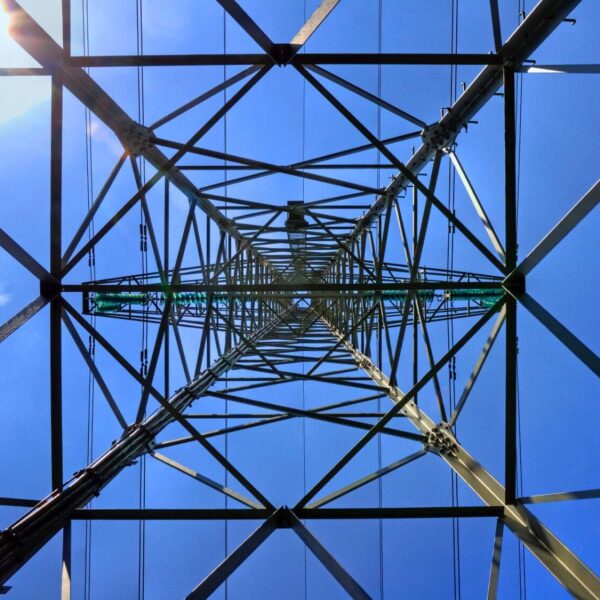
Belgium among the worst performers in terms of renewable energy share in 2017
The report by Eurostat, the Statistical Office of the European Union, notes that Belgium is among the worst performers in terms of renewable energy share in 2017.
In contrast to the European Union which shows an overall increase at 17.5%, our country is at a standstill at 9.1%, i.e. at 31.9 percentage points of its targets. 11 Member States have already achieved their 2020 targets. In 2017, the share of energy from renewable sources in the gross final energy consumption of the European Union increased as compared to 2016 (17.0%) and doubled its 2004 level (8.5%) which is the first year for which data is available. The target to be achieved by the EU is for this share to be 20% by 2020 and at least 32% by 2030. With more than half (54.5%) of its gross final energy consumption from renewable sources, Sweden had by far the highest proportion in 2017, ahead of Finland (41.0%), Latvia (39.0%), Denmark (35.8%) and Austria (32.6%). In contrast, the lowest proportions of renewable energy have been recorded in Luxembourg (6.4%), the Netherlands (6.4%) and Malta (7.2%). The national targets take account of Member States' different starting points as well as their renewable energy potentials and economic performance. Among the EU's 28 Member States, 11 have already reached the level required to meet their respective national 2020 targets (Bulgaria, Czech Republic, Denmark, Estonia, Croatia, Italy, Lithuania, Hungary, Romania, Finland and Sweden).
Associated areas of specialisation: Energy